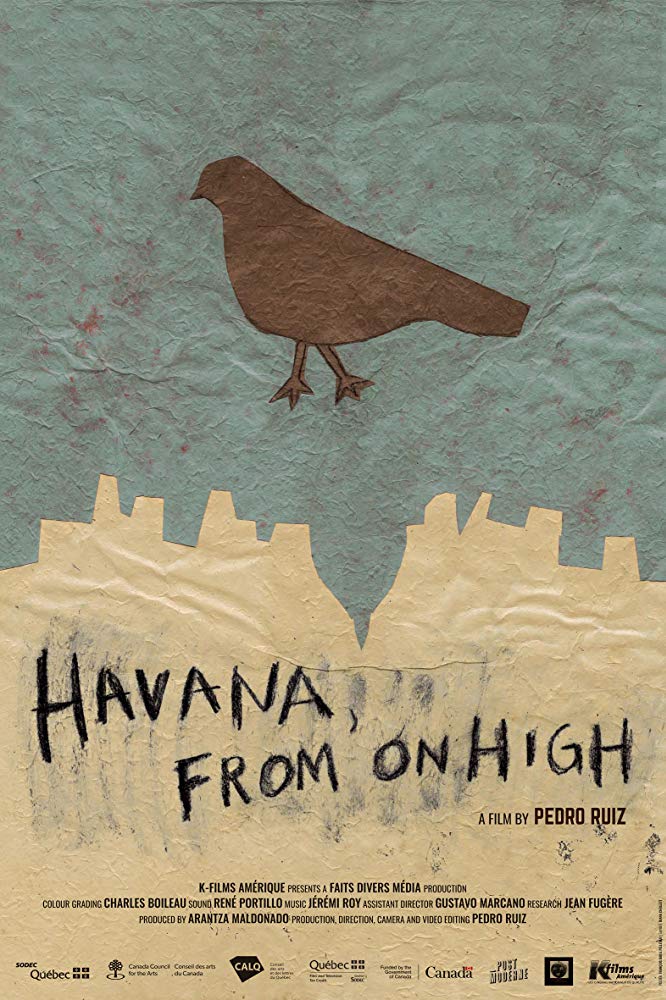Havana, From on High
Synopsis
Described by one western journalist as “sublimely tawdry yet stubbornly graceful, like tarnished chrome,” the city of Havana has occupied a central place in Americans’ cultural imagination of the Cold War ever since Fidel Castro assumed military and political power in 1959. When the man known as “El Caballo” became Prime Minister of the small island nation, he promised his fellow Cubans that his government would demolish the “hellish tenements” of the Batista era and build “safe, modern housing.” Six decades later, a number of factors ranging from rising sea levels and increased storm activity to faulty renovations and infrastructural neglect have left the two million residents of Havana with a severe housing shortage, and collapsed buildings are an ever-present reminder of the current government’s failure to make good on earlier promises. Though it remains a travel destination for outsiders drawn to its mix of old and new, the port city has seen several of its architectural attractions collapse into eyesores, and the recent shrinking of the country’s tourism industry has further impacted the economic precarity of those on the lowest rungs of society. Ironically, people at the bottom of the socioeconomic ladder have been pushed upwards, onto the rooftops of makeshift buildings where they peer out of the surrounding urban environment, just as we are invited to do in director Pedro Ruíz’s poetic documentary Havana, from on High. This gorgeously lensed combination of panoramic vistas and interviews with apartment dwellers positions the audience both within and above the city, granting us a long view of the historical transformations that have occurred since the end of the Cuban Revolution on top of intimate encounters with people who have been directly affected by the rapidly deteriorating housing conditions. As temporary shelters become a permanent fixture in the lives of many Cubans, and as tourism dollars drop off even further, films such as this will play a vital role in illuminating the day-to-day struggles of individuals who are rarely given such an opportunity to speak out against problems that will only deteriorate further if left unattended, like so much of the rubble that litters the streets of Havana.
By David Scott Diffrient

Filmmakers
Pedro Ruíz
Canada | Cuba
2018
80 min
(Spanish with English subtitles)